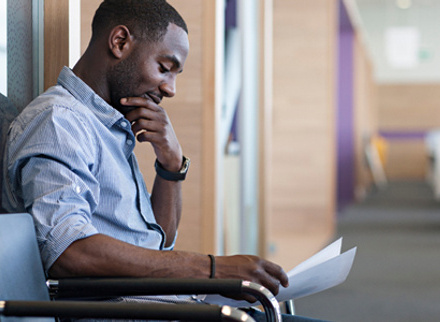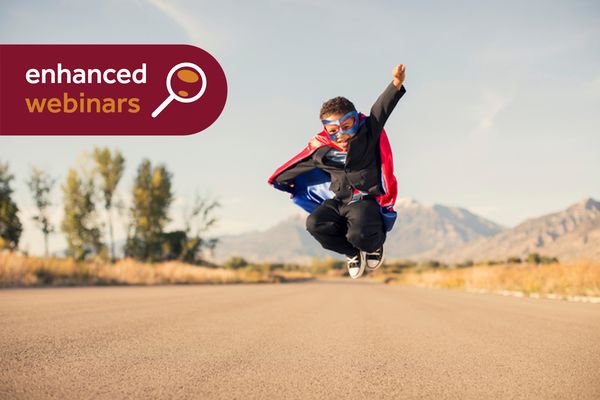14 tips for creating a standout cover letter and CV
A strong cover letter and CV is the key to getting past the initial application phase and one step closer to interview stage. Take a look at these 14 tips for perfecting both of these documents.
View more






